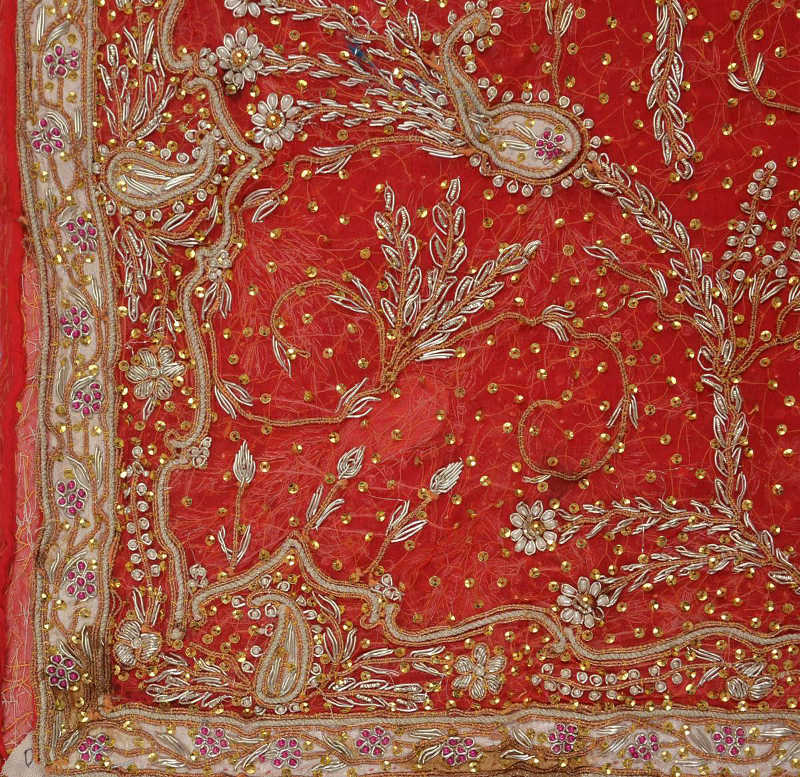===
0958,
2
===

=== |
 |
muttaṣil : 'Continual, uninterrupted; successive; in an unbroken line'. (Platts p.993)
ṣūrat : 'Form, fashion, figure, shape, semblance, guise; appearance, aspect; face, countenance; prospect, probability; sign, indication; external state (of a thing); state, condition (of a thing)'. (Platts p.747)
FWP:
SETS == GESTURE
MOTIFS == MIRROR
NAMES
TERMS == AMBIGUITY; WORDPLAYOf course, there are so many possible guesses or theories about what the verse so ambiguously reports. My own idea is that the mirror has perhaps suffered a meltdown-- the increasingly hot, blinding radiance of the unseen beloved may well have caused its metal surface to liquify and simply flow away. That's why the speaker is concerned, and perhaps now feels that he ought to go check on the mirror and see what state it's in.
But there's a kind of 'black hole' of absolute unknowability here, since it's also possible that nothing at all has happened to the mirror, and that the speaker, judging the mirror's capacity by his own, is anxious without cause (as a mad lover might well be). To me this seems like a super, souped-up case of a 'gesture' verse, one in which we are told of some action but are given no means for interpreting it.
The present verse goes that level of ambiguity one better, since we not only can't interpret the 'action', but we don't know what the 'action' was, and in fact we don't even know if any 'action' occurred at all. Yet here we are, fascinated, moved to natter on and on, chewing over the information that we do and (mostly) don't have. Surely a lesser poet would be unable to compel us to do this; we would simply give up in vexation and criticize his pretentiousness.
Note for translation fans: In the second line, kyā jānūñ literally means 'what would/might I know?'; but It also acts as a petrified phrase for uncertainty, comparable in fact to 'no telling'. Other such cases are kyā kahūñ with its counterpart phrase 'what can I say?', and kyā karūñ with 'what can I do?'.